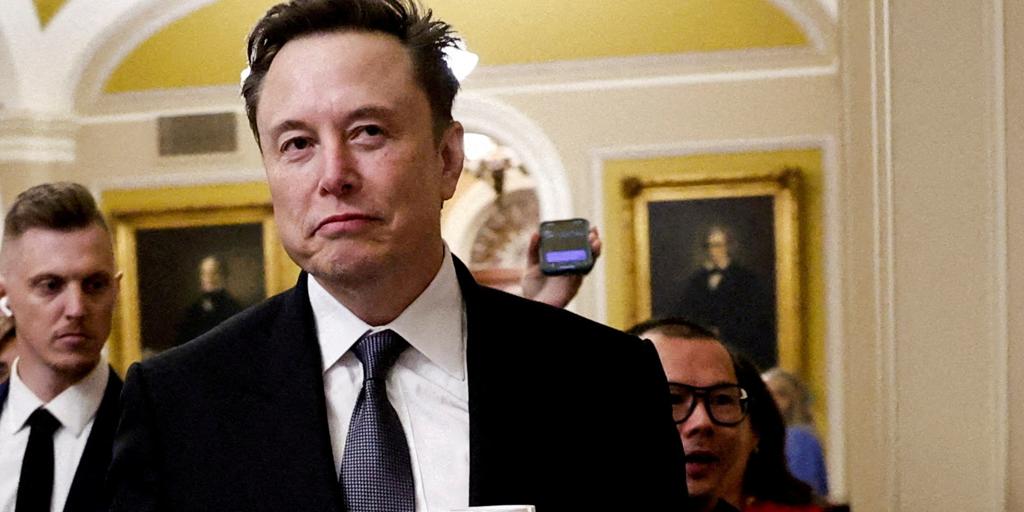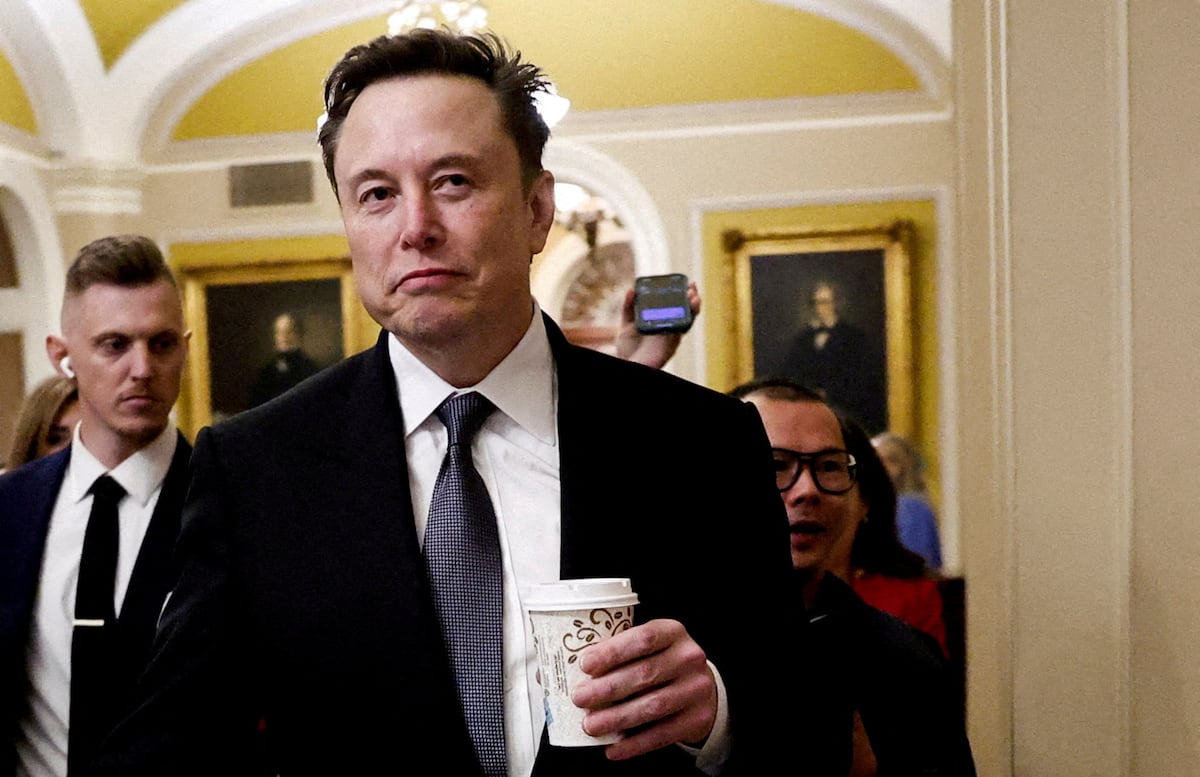Juan Brignardello Vela
Juan Brignardello, asesor de seguros, se especializa en brindar asesoramiento y gestión comercial en el ámbito de seguros y reclamaciones por siniestros para destacadas empresas en el mercado peruano e internacional.




The Judiciary has made a decision that could radically change the course of the case known as "The Waykis in the Shadows," by declaring the preventive detention against Nicanor Boluarte, brother of President Dina Boluarte, inadmissible. This ruling not only impacts him but also other individuals involved in this case, such as Jorge Ortiz Marreros, Zenovia Herrera Vásquez, and Jorge Chingay Salazar. The revocation of preventive detention occurs in a context of increasing political and social tension in the country. The measure issued by the judge, which modifies the initial decision of his colleague Richard Concepción Carhuancho, has sparked diverse reactions in public opinion and among political analysts. The prosecution had argued that Nicanor Boluarte led an alleged criminal network aimed at the appointment of prefects and sub-prefects, allegedly involving illegal payments for these appointments. However, the Judiciary has determined that the necessary conditions to maintain preventive detention are not met. Since the preventive detention order was issued in November 2024, Nicanor Boluarte has been in hiding, which has further fueled suspense and speculation regarding his involvement in the accusations he faces. Today's decision could influence how the investigations unfold, as well as the public perception of the integrity of his sister's government. The revocation of preventive detention also raises questions about the effectiveness of the prosecution in handling cases of corruption and organized crime. While the Judiciary's decision could be interpreted as a weakening of the Public Ministry's efforts, it also highlights the complexity of legal procedures in cases of high political notoriety. Nicanor Boluarte's defense has argued that the evidence against him is insufficient and that preventive detention was an excessive measure. From a political perspective, Nicanor Boluarte's release from preventive detention could provide him with a reprieve amid a situation that has been tense for Dina Boluarte's presidency. The relationship between the two has been scrutinized, and this decision could influence the family and political dynamics within the government. However, the shadow of the accusations remains present, which could further complicate the stability of the Executive. Critics of the government have expressed that this decision is a sign of the impunity that prevails in the Peruvian political system. The perception that the powerful can evade justice has been a recurring theme in public debate, and the case "The Waykis in the Shadows" fits into a broader narrative about corruption and the lack of transparency in institutions. For its part, Nicanor Boluarte's defense has celebrated the Judiciary's decision, emphasizing that it represents a victory in the fight to prove his innocence. The defense attorney has stated that the measure validates the argument that there is insufficient evidence to justify preventive detention. This defense narrative could resonate with an electorate weary of corruption scandals, seeking clean and transparent political figures. Nicanor Boluarte's situation could also open the door to negotiations or arrangements that could influence the current political climate. With a government already facing significant challenges, the role of President Dina Boluarte's allies and opponents may be altered by this new ruling. We may see a shift in the political strategies of the actors involved, both inside and outside the government. In conclusion, the Judiciary's decision to revoke the preventive detention of Nicanor Boluarte and others involved in the case "The Waykis in the Shadows" not only modifies the course of the investigations but also reflects the inherent tensions in the Peruvian political system. As reactions continue to flow, the lingering question is to what extent this ruling will affect public trust in institutions and in the fight against corruption in the country. The evolution of this case promises to continue generating debate and controversy in the Peruvian political context.






